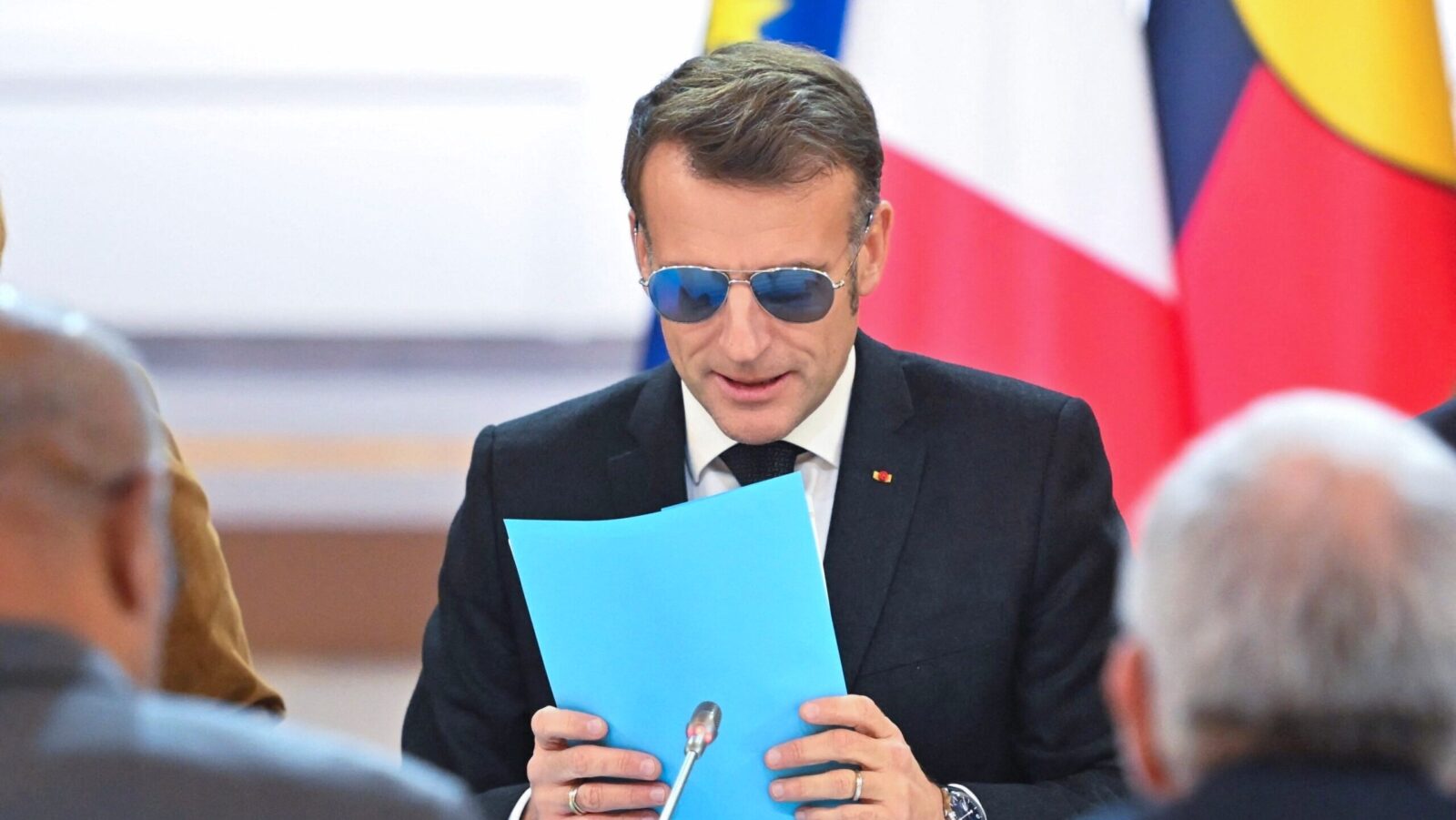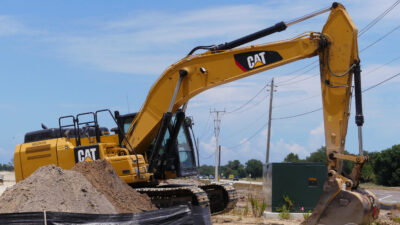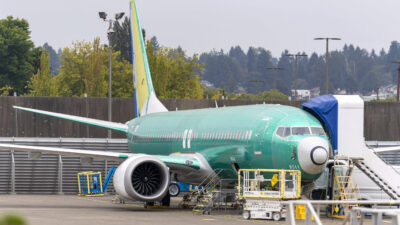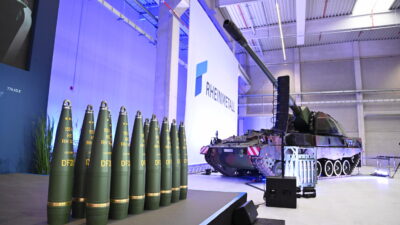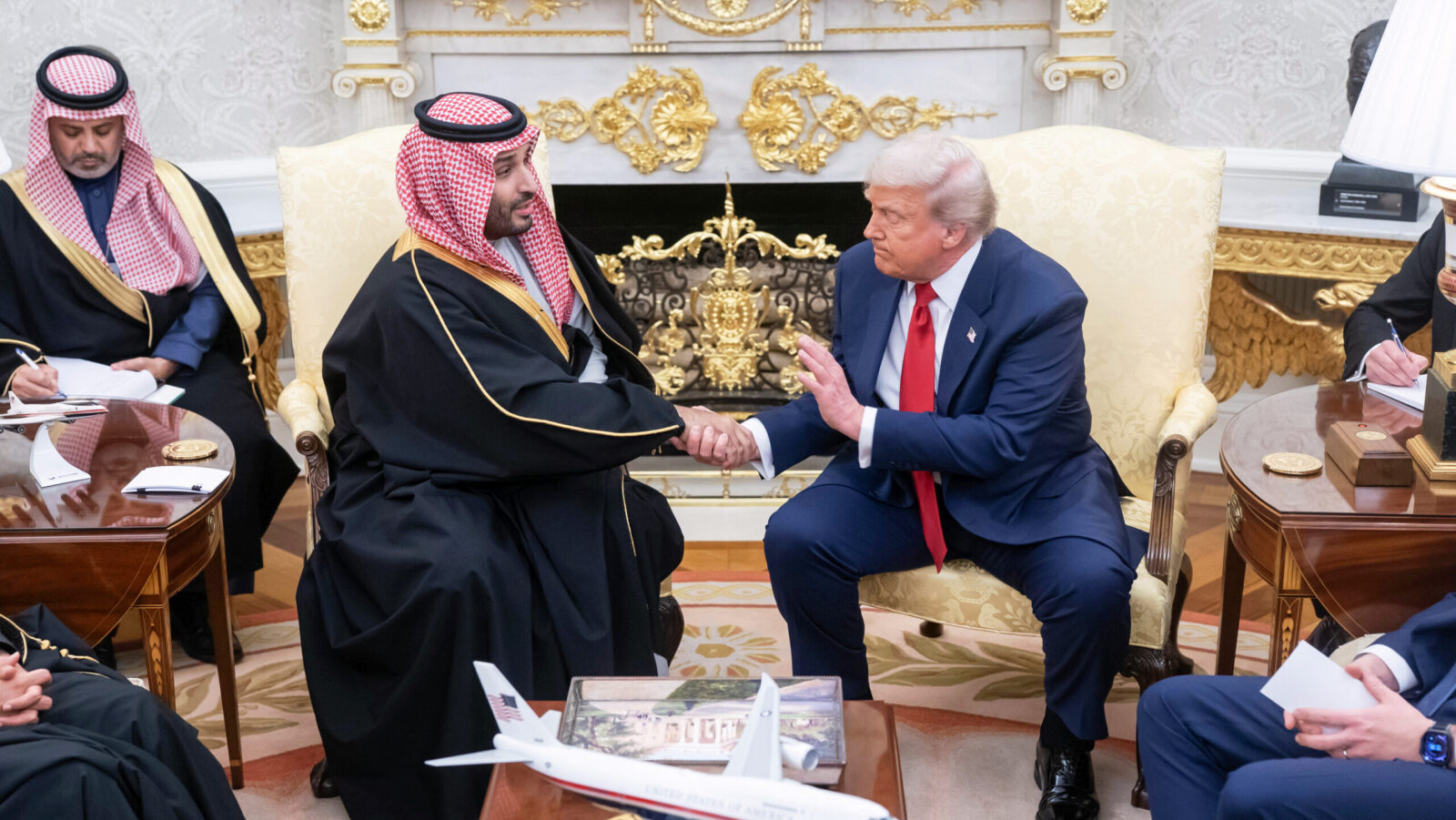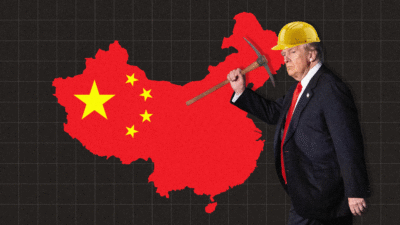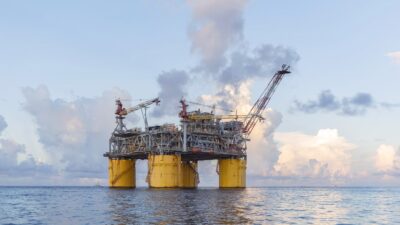America’s Anduril Among Potential Winners of NATO Breakthrough
NATO chief Mark Rutte said last week that the new defense 5% of GDP spending target amounts to a “quantum leap.”
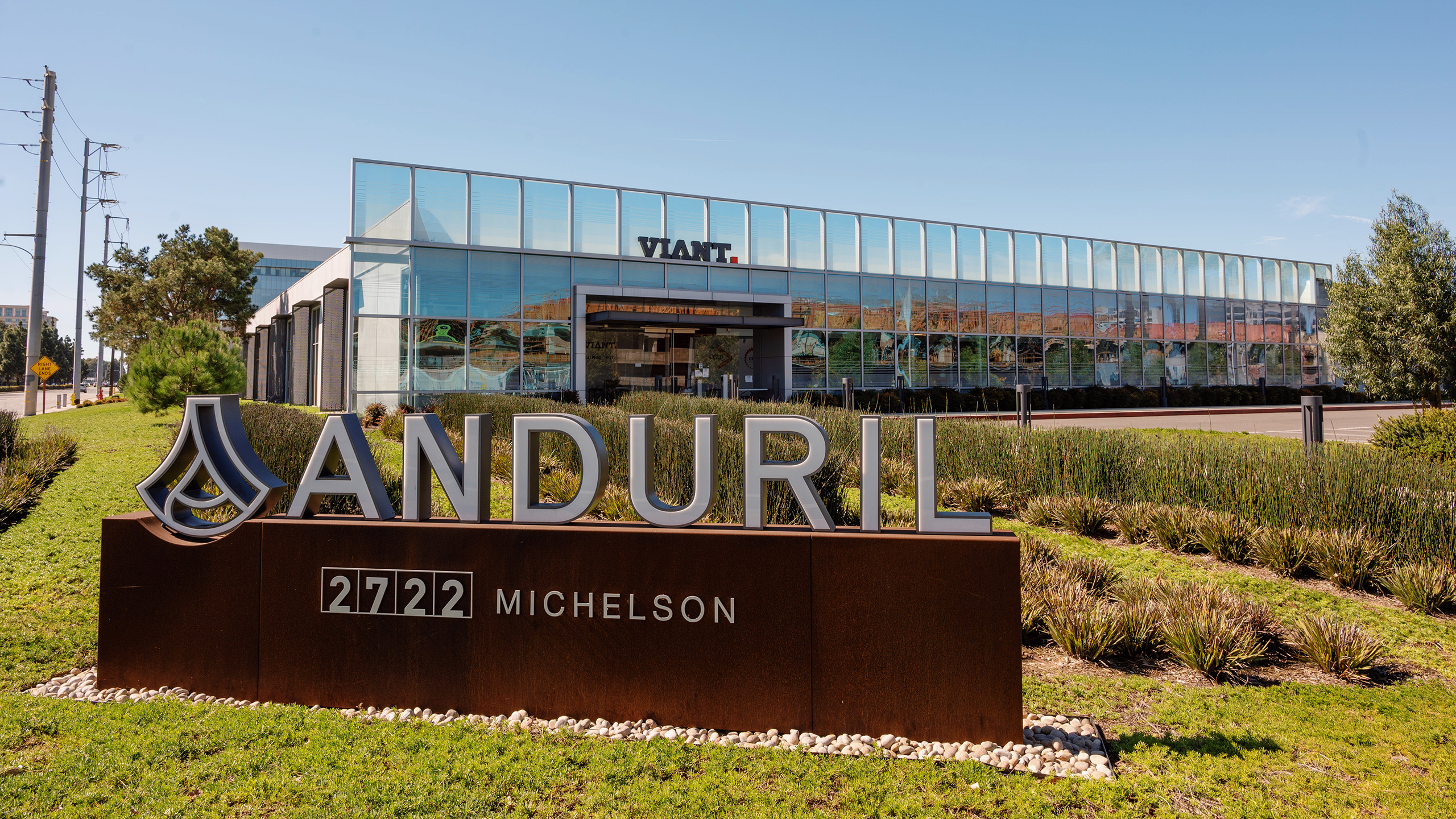
Sign up for smart news, insights, and analysis on the biggest financial stories of the day.
There are defensive stocks — the companies investors retreat to in times of distress, like McDonald’s, because of their sturdy and reliable business — and then there are defense stocks — the companies that arm nations for volatile geopolitical times.
Last week, a convergence of sorts occurred: The world’s largest transnational military alliance, NATO, announced that its 32 members agreed to boost their defense spending to 5% of their national GDPs by 2035, a massive leap from the current 2% guideline that will unlock hundreds of billions for defense firms. Just don’t expect soldiers in basic training to be eating McMuffins.
US Firm Seeks Windfall from Quantum Leap
NATO chief Mark Rutte said last week that the new defense spending target amounts to a “quantum leap.” The 5% target will be broken into two segments, with member nations expected to put 3.5% of GDP toward traditional military spending and another 1.5% toward defense-related investments like cybersecurity and military mobility.
To put it in perspective, the EU spent about €326 billion ($381 billion) on defense last year, or about 1.9% of GDP. And 23 of the bloc’s 27 nations are members of NATO, meaning they will aim to spend hundreds of billions more per year on defense by 2035. Defense firms stand to profit handsomely, in part because European defense requires significant modernization. In 2023, the bloc dedicated just 19.5% of its defense expenditures to capital investments, such as equipment and research and development, compared with 40.7% in the US. The continent’s major defense firms like Germany’s Rheinmetall, France’s Thales, the UK’s BAE Systems and Italy’s Leonardo are the obvious candidates to capture the windfall, but they’re not alone on the radar:
- California-based Anduril had a couple of perfectly timed announcements earlier this month. One of the most valuable private startups, the Peter Thiel-backed firm currently assessed at $30 billion will offer its aerial vehicles in Europe through a partnership with Rheinmetall. Saab also tapped it to manufacture rocket motors for a ground-launched bomb system the Swedish firm is developing with Boeing. CEO and founder Palmer Luckey said earlier this month that Anduril is “definitely going to be a publicly traded company,” and its focus on autonomous systems and drones positions it to benefit uniquely because of the prominent role they’ve played in the Ukraine war.
- RBC analysts highlighted two French aviation giants with significant exposure: Airbus, which derives roughly 23% of its revenue from defense and space, and Safran, which derives roughly 20% of its revenue from the same sectors. They also highlighted an American sleeper in Lockheed Martin, which already makes about 11% of its sales in Europe.
No, Gracias: NATO’s initial commitment to 2% of GDP spending, made in 2002, initially struggled to gain traction. Only six members had fulfilled the pledge by 2021, but the war in Ukraine, the first large-scale conflict in Europe since the Second World War, flipped a switch: 23 members met the target as of last year, and all 32 are on track to reach it by the end of the year. However, a handful of countries, including Spain, Belgium and Slovakia, have raised objections to the new target, suggesting its full impact on defense spending may be subject to marginal disputes in the years to come.
